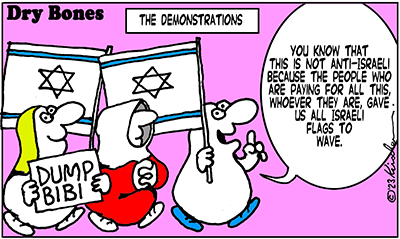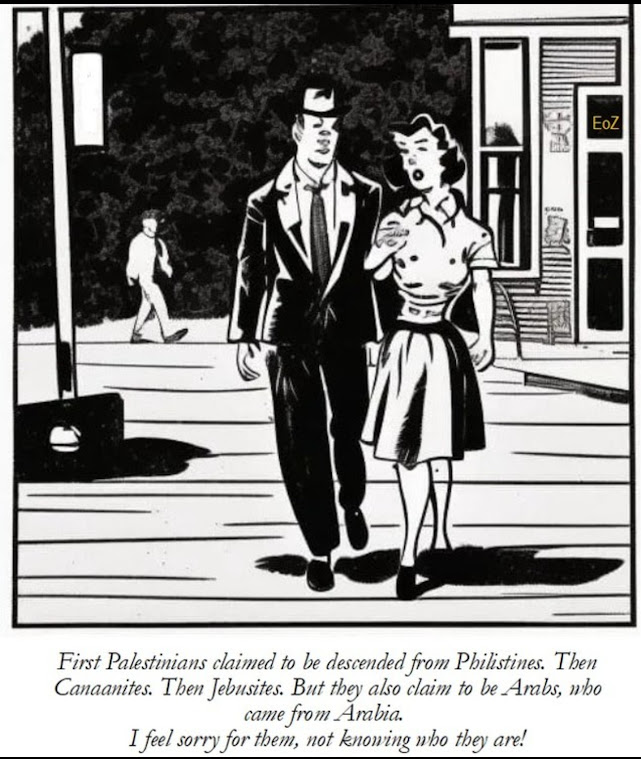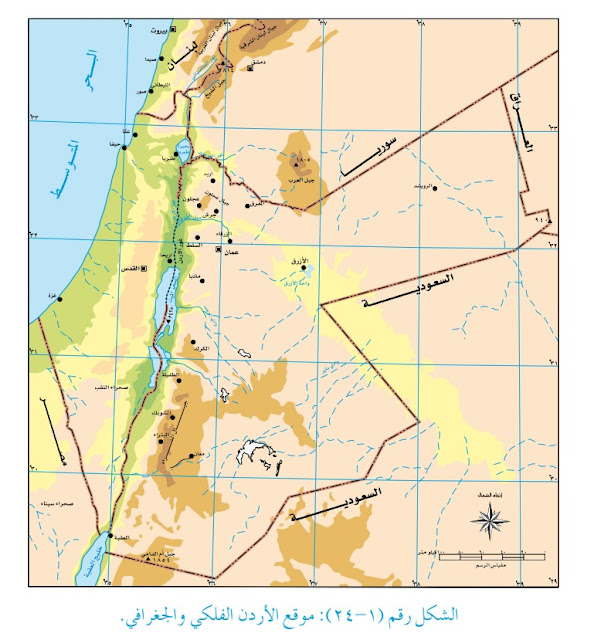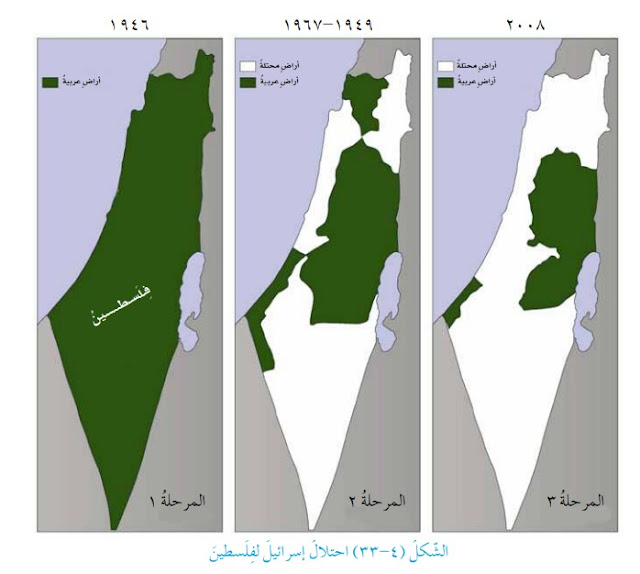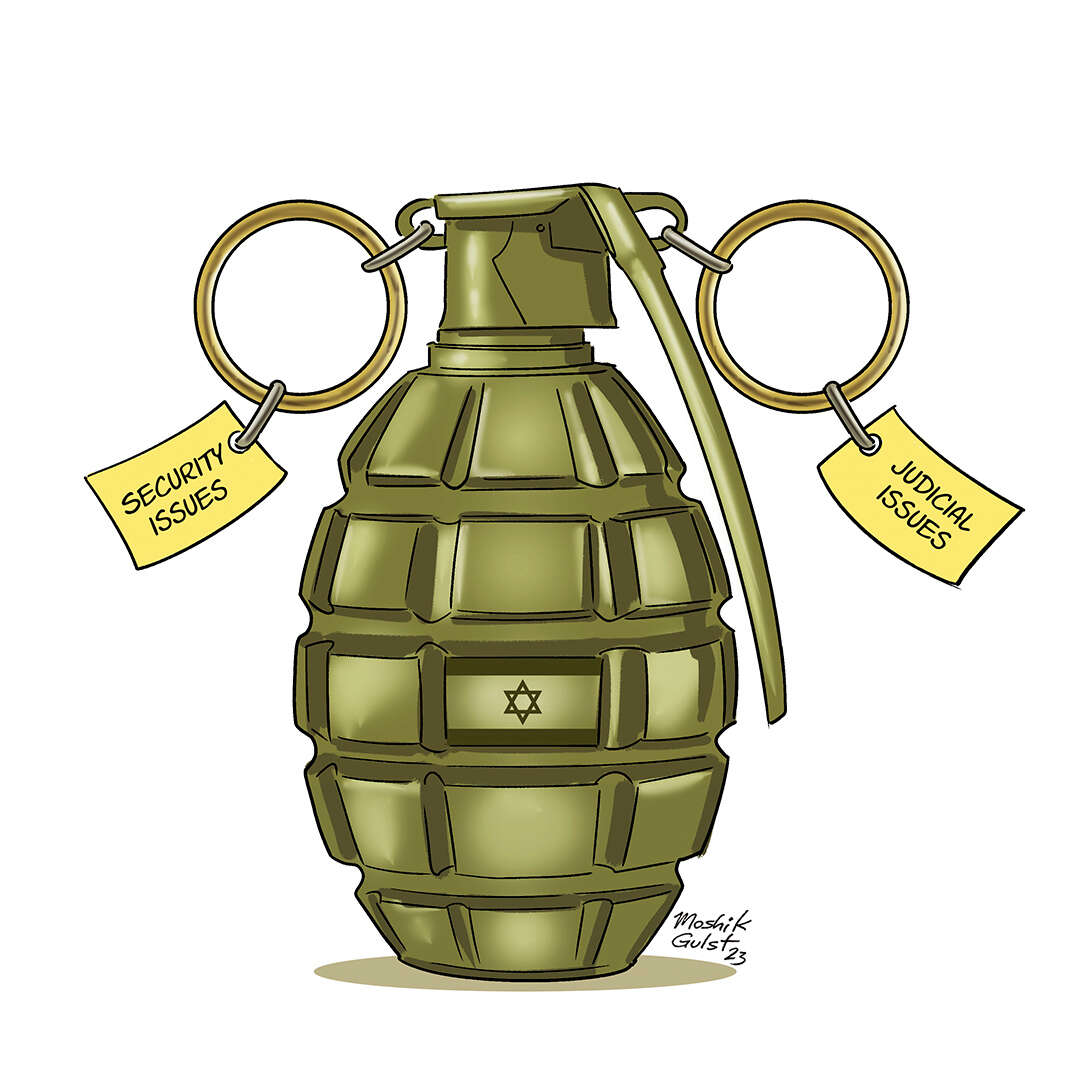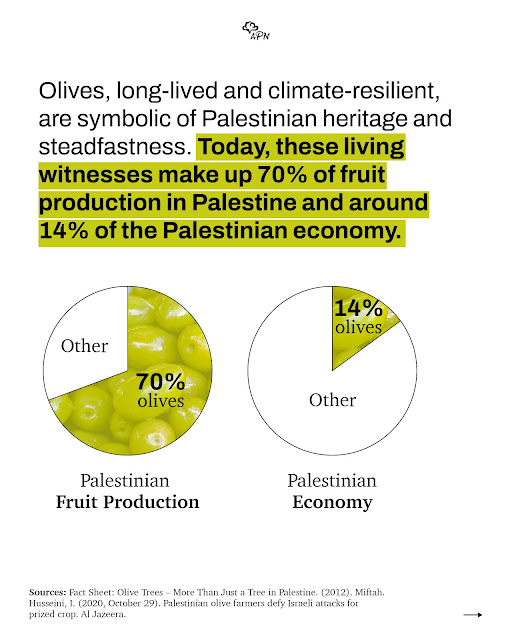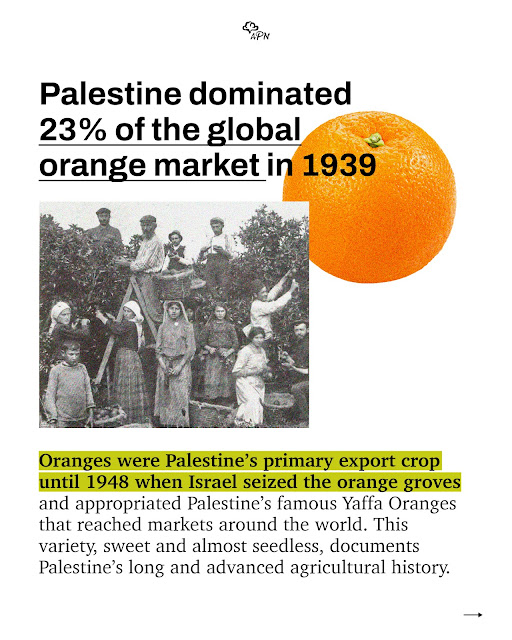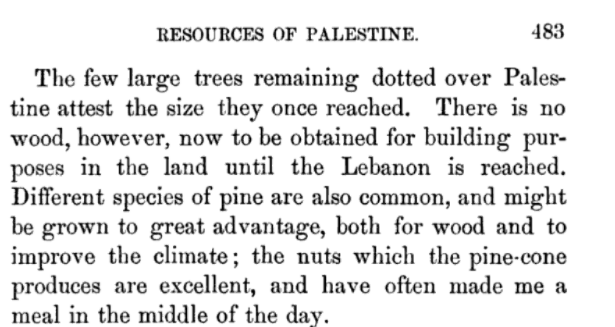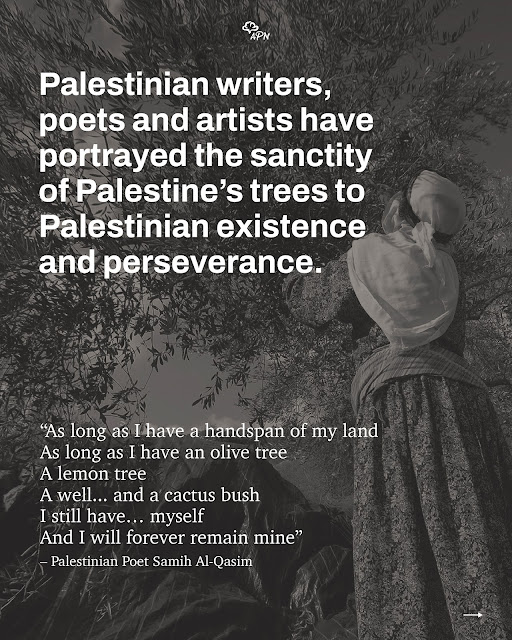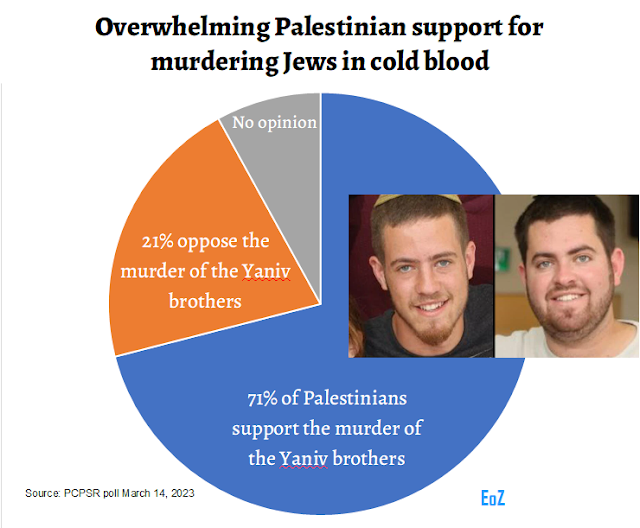Toulouse and the birth of modern jihadism
When two young men embellish a Toulouse FC replica shirt with the name of the city’s most notorious mass murderer, is it just a sick and provocative gag, or evidence of sympathy for the killer’s worldview? Earlier this month, the French courts decided it was “terrorism apologia” and handed out three and four-month sentences to two men who, posted a photo on Snapchat wearing a football shirt with the name of the delinquent jihadist, Mohammed Merah, across it, with the number seven — for the number he killed.Wikipedia Editors Deliberately Distorted Holocaust Articles
Mohammed Merah began his rampage in Toulouse on March 11, 2012, first executing a French-Moroccan paratrooper who nobly refused an order to lie down. He struck again on March 15, firing on three soldiers in Montauban — two were killed and another left paralysed. The murdered soldiers were all of North African Muslim descent. Then, on March 19, Merah pulled up outside the Ozar Hatorah Jewish school. In the schoolyard, he gunned down a Rabbi before executing the man’s three and five-year-old sons as they tried to crawl to safety. He then entered the school and grabbed an eight-year-old girl, at which point his gun jammed. Unperturbed, he swapped weapons and shot her. He filmed it all. After a manhunt and lengthy standoff, Merah was shot dead by police at his apartment.
Even considering the usual moral squalor of jihadist violence, Merah’s spree stands out for its depravity. Yet, for some reason, he is still widely revered. Nicole Yardeni, a deputy mayor in the city, tells me that his name is sometimes viewed positively even outside of jihadist circles, as “a symbol of rebellion” against society. After all, Merah is the man “who brought France to its knees”, as one local youth reminded the mother of his first victim. Even at the time of the police manhunt and siege, Facebook posts and pages honouring the gunman attracted thousands of likes, while police prevented people from laying flowers at his apartment. (It goes without saying that the overwhelming majority, Muslim and non-Muslim, were horrified.)
Within Salafi-jihadist circles, Merah’s cold-blooded rampage made him an icon. At the time of his attack a petty criminal, 28-year-old Mehdi Nemmouche, was killing time in a prison cell. Ordinarily, he would have refused to watch infidel television, but this time he asked his guards for a TV set so he could jubilantly follow the Merah manhunt live. Nemmouche would later head for Syria where he became a jailer for Islamic State. Chillingly, he told a captive that, like Merah, he “dreamed of grabbing a Jewish girl by the hair and shooting her dead”. Nemmouche would go on to deliberately target and murder Jews, killing four at Brussels’ Jewish Museum in 2014. It was Europe’s first attack by an Isis returnee.
For over a decade, a group of nefarious editors has been distorting Holocaust entries.Bassem Eid: GWU academic's antisemitism isn't helping Palestinians like me
If you’ve used Wikipedia to research the Holocaust, you may be a victim of a group of self-appointed “editors” who have been deliberately warping Wikipedia’s Holocaust articles for years.
For the last ten years, a group of committed Wikipedia editors have been promoting a skewed version of history on Wikipedia whitewashing the role of Polish society in the Holocaust and bolstering stereotypes about Jews,” explains Shira Klein, an associate professor of history at Chapman University in California, who’s tracked this gang’s insidious activities.
Due to this group’s zealous handiwork,” explains University of Ottawa professor Jan Grabowski, who collaborated with Dr. Klein, “Wikipedia’s articles on the Holocaust in Poland minimize Polish antisemitism, exaggerate the Poles’ role in saving Jews, insinuate that most Jews supported Communism and conspired with Communists to betray Poles, blame Jews for their own persecution, and inflate Jewish collaboration with the Nazis.”
Drs. Klein and Grabowski spent many months pouring over Wikipedia articles, checking facts, and scrutinizing editors’ work and the sources they used. They published their shocking conclusions in an article titled “Wikipedia’s Intentional Distortion of the History of the Holocaust” in The Journal of Holocaust Research. Their article went viral, garnering tens of thousands of views in an academic field in which that sort of exposure is unheard of.
Wikipedia itself stepped in. In an unprecedented move, the website’s Arbitration Committee, known internally as ArbCom, has initiated an internal review; they’ve announced their intention to publish their findings within weeks.
With the Palestinian people, our whole identity is often assumed to be bound up with the anti-Western, violent ideology promulgated by Yasser Arafat and his proteges. George Washington University professor Lara Sheehi is just the latest example of this violent misrepresentation, which gives my people a bad name. On her now-deleted Twitter account, she frequently showed her hateful bias against Israelis and repeatedly condoned violence against them.
This past semester, she used her mandatory diversity course to spread such dangerous views and actively discriminated against Jewish students in her class. When the students complained to school authorities, Sheehi counterclaimed that the students were exhibiting "Islamophobia" against her.
Sheehi also verbally attacked a student for speaking about terrorist attacks in Israel, which have killed civilians, including American citizens. Her claim was that the student's use of the phrase "terrorist attack" invoked Islamophobia, even though the student never mentioned Palestinians, Arabs, or Muslims.
Sheehi and her fellow antisemitic haters do not speak for me or for the many Palestinians who desire peace and coexistence with our neighbor, Israel. Hatred and radicalism harm Palestinians and do nothing to advance our cause. Sheehi's actions do not and should not represent the Palestinian people, the good men and women I know who respect our neighbors and wish for an end to these endless cycles of violence.
We see how peace, economic opportunity, and cooperation benefit both Palestinians and Israelis, just as the normalization of political and economic cooperation with Israel has brought tremendous advantages to countries such as the United Arab Emirates. This is what most Palestinians want, too.
Violent, hateful rhetoric rejecting the aspirations and experiences of Israelis may get headlines, but it does not represent the majority of Palestinians, who know that peace is the path to a better life for ourselves and our children. When radical actors preach hate and violence, it inevitably leads to violent incidents that only worsen matters and trap us in an escalating cycle.


